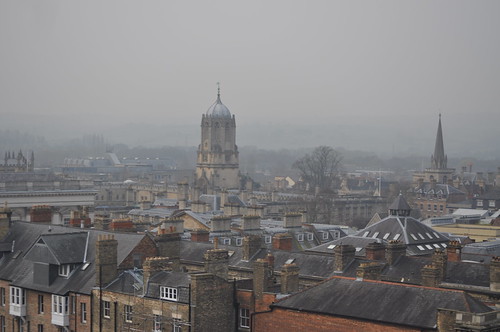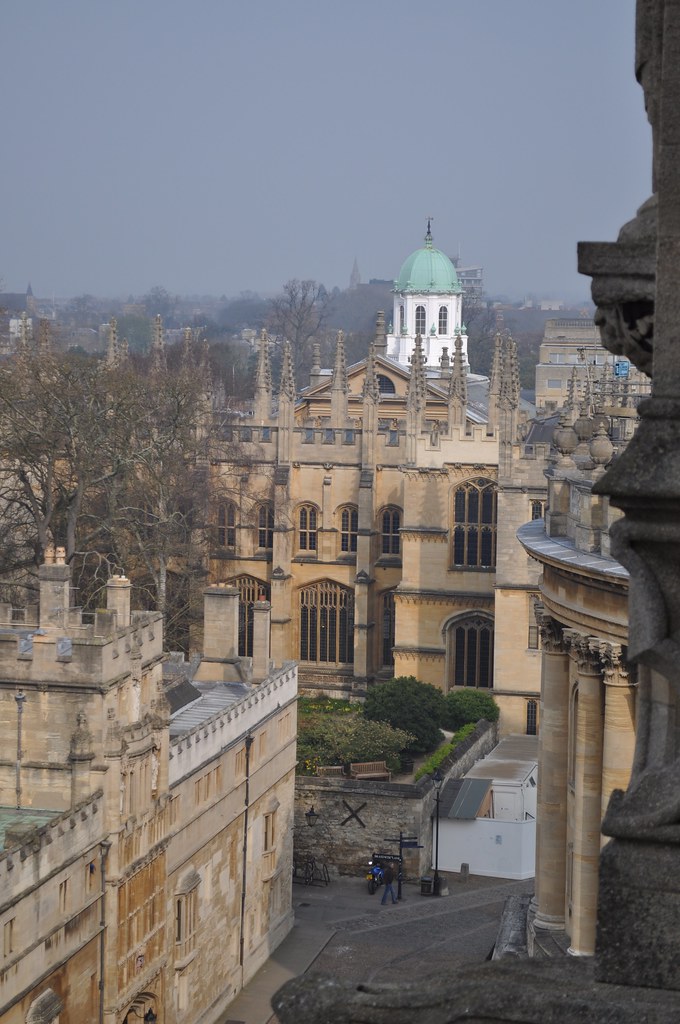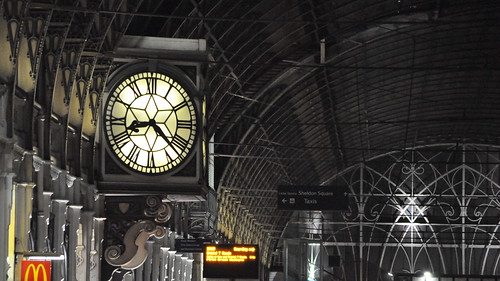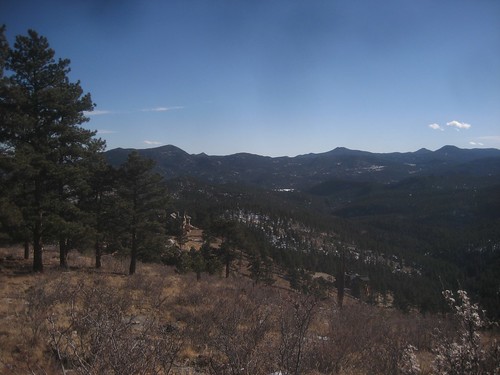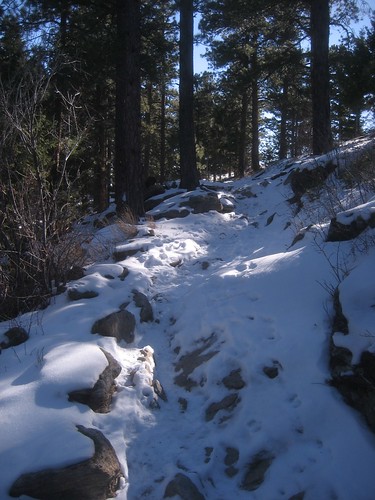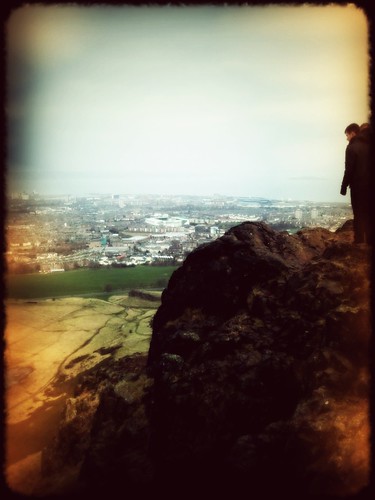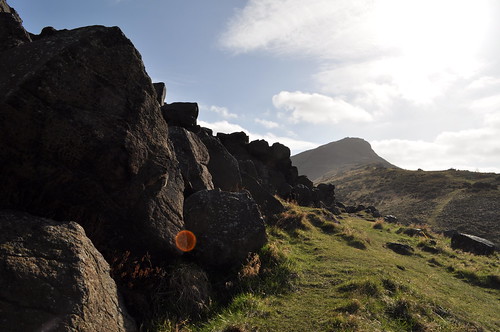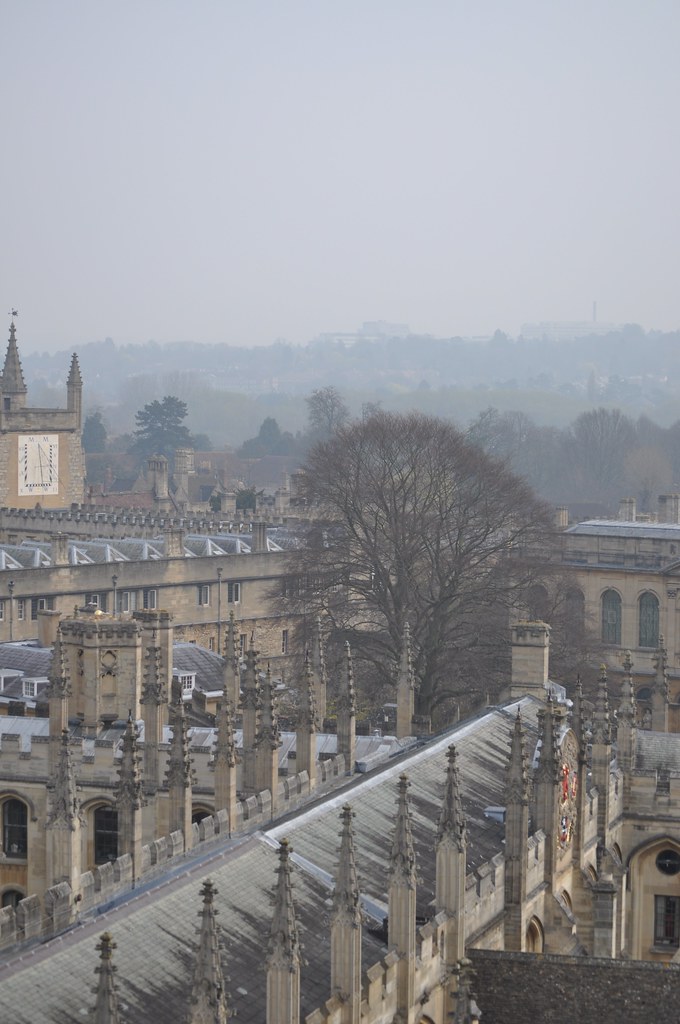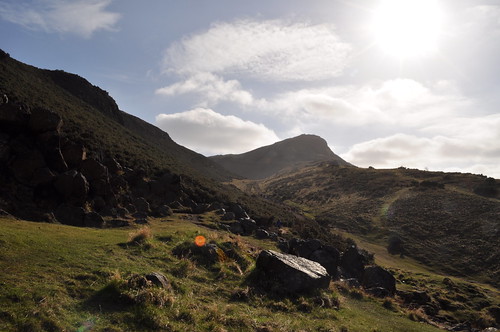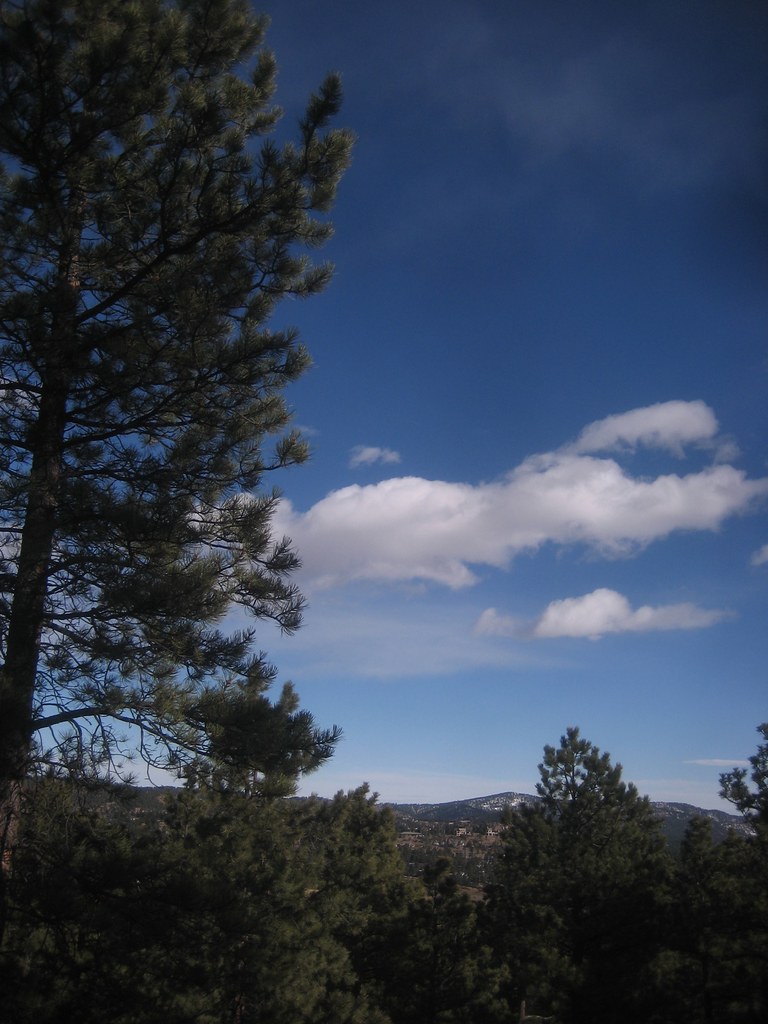I've been thinking a lot about vacations and leisure recently. Not because I feel I don't have enough of either: I'm lucky enough to have an employer who has a generous (if perfectly normal) vacation plan, and I don't really feel like I'm pinched for time. Rather, I've been thinking about how people take vacations, and the relationship they believe vacations have to work.
On one hand, vacations are seen (rightly) as a major perk, yet they're underused. Surveys reveal that more than half of American workers don't use all their vacation days, forfeiting up to two weeks in an effort to stay in their bosses' good graces, because they fear being seen out of the office too much, or because they like work.
Is this a bad thing though? Maybe in today's world of blurred lines between work and play, it would be natural for the vacation to go the way of the rotary phone or newspaper? Is this once-beloved and familiar institution being rendered obsolete by globalization, the Internet, and the 24/7 pace of business?
I'm not ready to give up on the vacation, though. In the social sciences, we have something called "natural experiments" where two groups are very similar, save for one key variable– access to resources, for example. Such experiments help us better understand how humans work, and can make clear that what we think is natural or inevitable is actually changeable. I'd like to propose something like a natural experiment about our attitudes to connectivity, speed, work, and leisure.
I've found a group that has to deal with global problems and fantastic rates of technological change; who are notoriously, almost supernaturally, productive; whose scientific advances, literary achievements, and architectural monuments enlarge our view of the world and invite. While this sounds like our world, they differ from us in one critical respect: every year, they disappear into the mountains, sea-side resorts, or rural retreats for weeks at a time. They see leisure and contemplation as a necessary part of life; get more out of their vacations because they're longer and more strenuous than ours; and enjoy broad agreement on the importance of breaks, disconnection and reflection.
Who are they? The Victorians.
Forget the stereotype of Victorians as prudish, sexually repressed, dour and dull. I've studied them for years, and two things still impress me about them.
The first is how much their world was like ours. The Victorians explored and mapped the world, conquered it, then wrapped it in telegraph cable and railroad track. They globalized world trade, urbanized and industrialized the West, and invented entire scientific disciplines. The telegraph, as Tom Standage put it, was "the Victorian Internet," a technology that had dramatically quickened the pace of long-distance communication.
All this led to regular debates about whether people were overly focused on commercial life and material goods, whether transportation and communication networks had eroded a sense of place, whether the pace of life had become unhealthy. (Even the era's critics sound modern: today's worries about unequal income distribution, growing economic uncertainty, poverty and disenfranchisement were anticipated by Victorians as different as Charles Dickens and Karl Marx.)
The second thing is how hard they worked, and how much they got done. Charles Darwin could move from incredibly detailed studies of barnacles and worms to grand theorizing about the mechanisms of evolution, wrote a multi-volume account of his voyage on the HMS Beagle before he was thirty, and published another eighteen books.
Many of Darwin's contemporaries weren't just accomplished in one field; they could heave their mark on many. Politician Benjamin Disraeli was a novelist; novelist Charles Dickens was also a social reformer. The great scientist James Clerk Maxwell made a reputation studying electricity and magnetism and a fortune advising telegraph companies.
Countless other figures known only to historians combined careers as lawyers, civil servants, printers, or military officers with second lives as authors, composers, inventors, scientists, athletes, and explorers.
So the Victorians created and lived in a world that felt much like ours– hyperconnected, fast-paced, globalizing, furiously reinventing itself– and maintained lives of admirable productivity and accomplishment. Yet the choices they made about leisure and vacations were dramatically different from ours.
Month-long escapes from the office were not at all unusual, and six- or eight week-long vacations were not out of the question. The great critic John Ruskin commented on how the peace in Europe allowed thousands of his fellow Englishmen to visit "on the average, each two or three months." Of course, these tended to be better-off professionals– "the noblest born, the best taught, the richest in time and money, having more leisure, knowledge, and power than any other portion of the nature," as Ruskin put it– but with the rise of the railroads and inexpensive vacation destinations, the middle classes took weeks off as well.
It wasn't just the British who took their vacations more seriously. For city dwellers in the United States, escaping the summer heat (not to mention the smells and cholera outbreaks) was essential: in Washington DC, even clerks had a month off, and many headed for the mountains or shore.
Nor did the ideal of the long vacation pass when Queen Victoria died in 1901. In 1910, President William Howard Taft and a number of other "men of affairs" told the New York Times that the ideal vacation lasted two or three months. Railroad executive Frank Headley thought that "men who work under a mental strain" required a few weeks, while "the man whose work is merely physical effort" was restored by the weekend. Taft himself spent three months at a golf resort in Hot Springs, Virginia between his nomination to the Republican presidential ticket and his election in 1908.
What was their secret? Hardworking as they were, Victorians recognized the need to get away from the chattering of the telegraph and noise of the market. Vacations were an opportunity to challenge themselves physically, to immerse themselves in the quiet of the country or seaside, to occupy the mind with invention rather than legislation, or astronomy rather than accounting.
The politician William Gladstone recovered from his battles with Disraeli by conquering volcanoes and mountains. The organic chemist Edward Frankland took punishingly ambitious six week-long "rambles" in the mountains of Cumbria and the Swiss Alps, often with fellow scientist and climber John Tyndall. (Both found the mountain air encouraged deep thinking.) Thomas Edison's 1878 summer vacation to the Rocky Mountains included a side-trip to observe a total solar eclipse.
Some learned to vacation like this in school: Oxford students would organize weeks-long "reading parties" to rustic lodges or mountain chalets where they would spend mornings reading and afternoons outdoors.
For many scientists and scholars, studious mornings and exhausting hikes balanced each other nicely: physical activity left them little energy for frivolity.
Not everybody approved of this new kind of leisure, though. George Eliot complained that "even idleness is eager now– eager for amusement; prone to excursion-trains, art museums, periodical literature, and exciting novels; prone even to scientific theorizing, and cursory peeps through microscopes."
For high-minded, driven people, the vacation was an opportunity for restoration, for "leisure" in the ancient sense of the word: a time to live to the very fullest. Modern science suggests that they were onto something. Psychologist Stephen Kaplan argues that immersing ourselves in challenging activities is a surer cure for overwork than just lounging by the pool.
Mihaly Csikszentmihalyi and happiness psychologists find that people who seek out difficult but rewarding activities have more satisfying lives than people who pursue sybaritic pleasures. A week partying on a tropical island will give you a hangover and some embarrassing pictures on Facebook; a week that includes climbing the volcano that created the island will leave you readier to face work.
We've largely forgotten that the Victorians combined hard work and play so effectively; even biographers usually race past the long weekends and months their subjects spent abroad, and don't connect leisure time to their subject's amazing productivity.
But even worse, we've forgotten how valuable good vacations can be for ambitious, productive people. Sometimes we love our jobs and don't really want to get away, or hate the idea of having a thousand unread messages waiting in our in-box. Or we believe that the world is too fast-paced and uncertain to get away: in an era when clients expect an immediate callback, colleagues want instant answers to their questions, bosses quick analysis of their options, you can either be on 24/7, or be replaced. Executives may believe in their own indispensability, subordinates fret about their job security, but nobody can afford to disconnect. And some of us become so accustomed to being constantly online that the idea of going offline makes us nervous.
It doesn't have to be this way. People who take digital Sabbaths report that you can keep your vacation in-box from blowing up if you give colleagues plenty of advance notice that you're going to be offline. Leaving your devices behind, or if that's intolerable at the bottom of your bag, when you go away, is also essential. The first couple days will be strange, even nerve-wracking, but pretty soon you'll feel your mind shifting into a new gear.
A more active vacation will also give your mind something completely new to think about: it's hard to fret about office politics when you're learning to kayak or hiking a steep trail.
So long as we wear stress like a badge of honor, and consider overwork a sign of virtue rather than a warning that we're burning out, we won't accomplish what we want on the job, or in life. The lives of the Victorians challenge our assumption that eternal busyness is a natural route to higher productivity and more ideas. The world doesn't need us so badly that we can't disconnect from it. We'll live more fulfulling lives, even hyper-networked lives, if we unplug from time to time.


